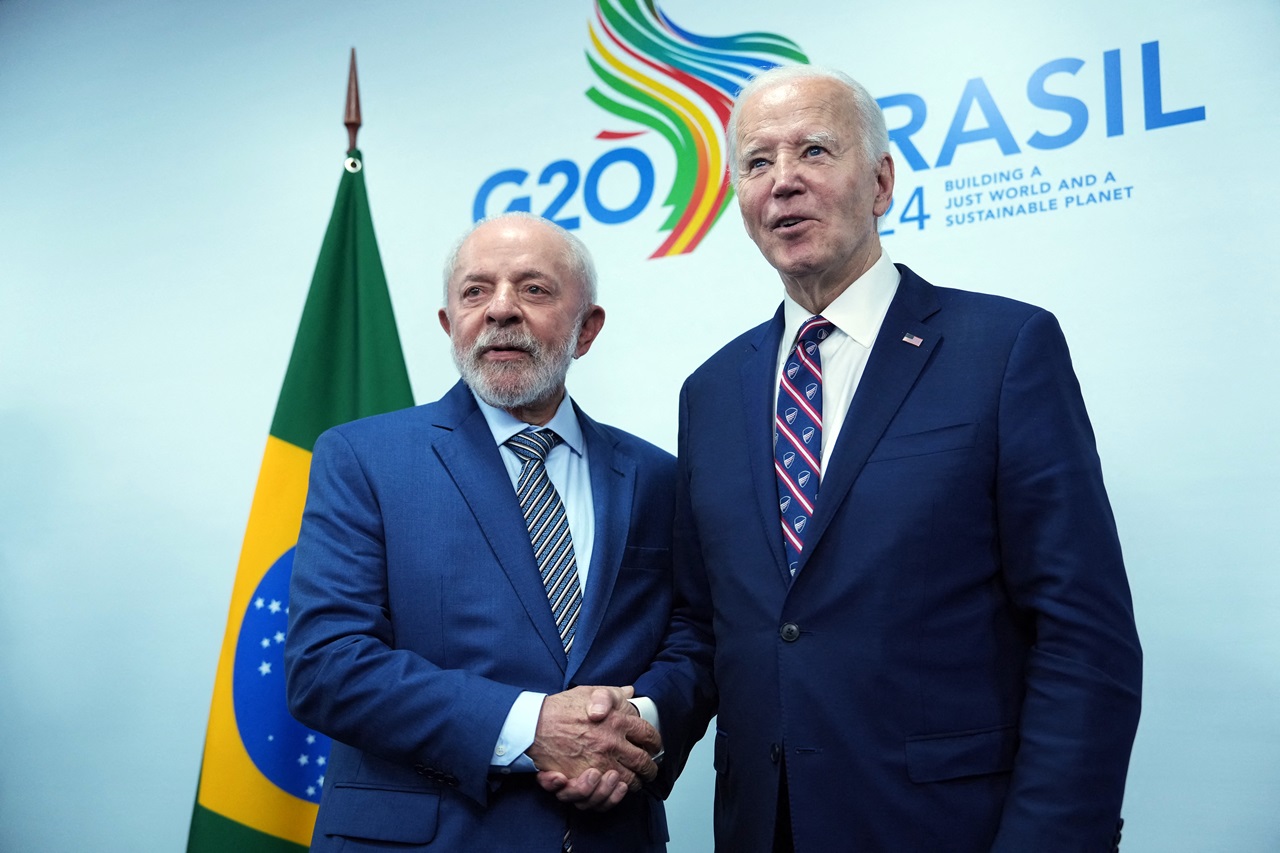LUPE leaders tell their side of the 7th District fiasco
On one side of the chessboard was Judge Nelson Díaz, on the other was LUPE.
This article is part of a series about the 7th District’s politics, problems, and constituents.
It’s no secret that Latino politicians didn’t fully unite during the most recent primary election.
On one side of the chessboard was Judge Nelson Díaz, the city’s first Latino candidate to make the Democratic mayoral ballot. On the other side was Latinos United for Political Empowerment (LUPE), a coalition of leaders in the 7th District.
Initially, the long-divided politicians of the 7th (except Councilwoman Maria Quiñones-Sánchez, who backed another contender) agreed to rally behind Díaz. This historic campaign was supposed to put the past to rest. Prior to his announcement, State Rep. and 7th Ward Leader Ángel Cruz and 9th Ward Leader Carlos Matos hadn’t spoken with each other in 14 years. “We had a war,” Cruz said, but Díaz’s mayoral candidacy got them together to seal old wounds.
Since then, there have been infections in the healing process.
In his first comprehensive interview after losing the primary, Díaz recounted the “shakedown” he went through with LUPE: their endorsement of controversial 7th District challenger Manny Morales, the alleged $102,000 get-out-the-vote budget, and how they eventually dropped Díaz in favor of former city councilman Jim Kenney, who went on to win the primary by a landslide (including in the majority Latino wards). Díaz also took a swing at union leader John “Johnny Doc” Dougherty for financing the power-play in the 7th.
“I believe that because of the Dougherty relationships with Ángel Cruz, Tartaglione and Carlos Matos —who was a convicted felon, by the way — they had met already with Dougherty and with Kenney even before they gave me the shakedown,” Diaz said. “They thought I was dumb enough not to know that.”
LUPE leaders were not happy with the way Díaz recounted his version of events. State Reps. Leslie Acosta and Ángel Cruz felt that Díaz made it look like they were “chastising” LUPE over a proposed get-out-the-vote budget, which they say Díaz had requested in the first place.
“We prepared a budget for him like he asked us. We gave it to him. It was negotiable,” Cruz said.
Acosta, the chair of LUPE, also noted that the budget — a paltry number considering the size of the 7th District — was never a mandatory lump sum. Indeed, even the IBEW contributions that came in later didn’t cover the full amount.
“They cherry-pick,” Acosta said. “This is standard practice in any campaign. We were not at any point in time doing anything against [Díaz] that is not part of your normal standard practice in politics.”
(Cruz has known John Dougherty for 30 years, and he said the $75,000 last-minute IBEW funding came from a long history of support. “John Dougherty has taken care of us,” he said. “John Dougherty has never said no.”)
Díaz did not attend the meeting to negotiate the budget, Acosta and Cruz added. Instead, he sent a political consultant, who told LUPE leaders that Díaz was interested in “volunteer operation only.” Moreover, LUPE said, Díaz requested a bullet ballot, meaning his name would be promoted without any candidates for other offices.
The second point of contention: Was endorsing Manny Morales mandatory for Díaz if he wanted LUPE’s blessing?
Cruz said that “we did not ask him to support or endorse Manny Morales. LUPE was endorsing Manny Morales” in addition to a “slate of other candidates.”
Jim Kenney made it clear that his acceptance of LUPE’s endorsement never meant a nod for Morales. Sharing a ballot, however, was mandatory. Politically, Morales was toxic given the racist, homophobic, and anti-immigrant allegations. Cruz added that it would be “inconvenient” to mention that either Díaz or Kenney would appear on the same LUPE-sponsored ballot as Morales at the time, but that was part of the understanding.
So was it really Morales that put Díaz off of LUPE? What caused the coalition to dissolve?
“I like Nelson,” Acosta said. “We embraced him because we believed in him. It was a Latino for the first time running, and we wanted to run history with him. But unfortunately, there were a lot of mistakes that were made in the middle, and that kind of forced the relationship to become severed, not only with the ward leaders but with LUPE.”
Moreover, especially towards the end of the race, there were concerns about Díaz’s viability as a candidate.
“At the end of the day, we knew where the numbers were at. They were not in favor of Nelson Díaz,” Acosta added. “We really made a decision as an organization where we were going to give our support.”
Cruz and Acosta recall that they were the “soldiers” in the early days of the Díaz campaign, the ones who went out in the bitter winter cold to gather petition signatures to get Díaz on the ballot. (He filed 4,939 signatures, the third largest in the mayoral Democratic pool.)
“Nelson tried to use this [LUPE situation] as a scapegoat,” Cruz said. “He knew he wasn’t going to win. He had big-shots running into this game, and now he wants to blame everybody but himself.”
Cruz maintains that Díaz didn’t garner much support among Latino political leaders. After the primary, AL DÍA analyzed the voter data and found that Díaz only won the majority vote in one ward — the 7th, for which Cruz is the ward leader. (Cruz said that a huge number of his ward’s voters come from three Latino senior centers — Somerset Villa, Somerset Towers, and Casa Caribe — and “they were going to vote for a Latino no matter what.”) Other influential voices like Angel Ortíz and Israel Colon maintained their support for Díaz.
And now, barrio unity seems like a pipe dream. The post-primary fallout has brought back old resentments. In the past, Díaz had ostensibly supported other candidates against Cruz and Acosta for their state representative seats. They said they were initially willing to move past it, but now, especially for Cruz, the bad blood is strong.
“The worst thing that we’re doing is what we’re doing today, but it was his fault for putting [LUPE’s] name in the paper,” Cruz said. “If he would have talked about himself, I wouldn’t be here today. I hate to take shots at another Latino. Because there are so many things that need to be done out there, and there’s enough of this pie for everyone.”
LUPE tried to oust the incumbent councilwoman, who won for the third time without support from the Democratic party and many of her own ward leaders. The question is, now what? Looking forward, Acosta said that Quiñones-Sánchez’s third term represents another chance to bury the past and move forward between ward leaders.
“We have too many egos in place,” she said. “We need to set aside the personal conflicts that we have with each other...and start focusing on the real issues that affect every community...because we all represent the same constituency, and we’re fighting amongst ourselves.”










LEAVE A COMMENT:
Join the discussion! Leave a comment.